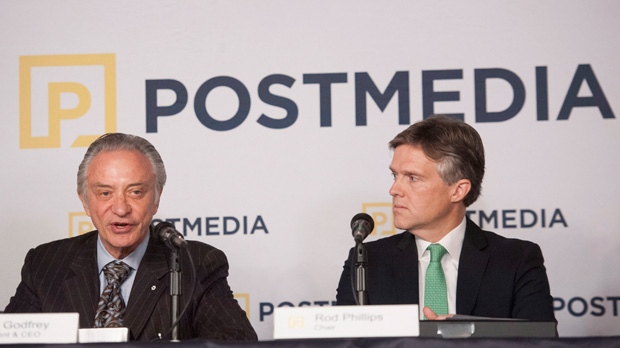Bill C-18 passed the House and Senate and received royal assent last week, leading Meta to confirm that it will be blocking news sharing on its Facebook and Instagram platforms given the economic costs and uncertainty with the law. Meanwhile Google is reportedly in discussions with the government about whether regulations might be crafted in a way to avoid a similar outcome.
I’ve covered Bill C-18 extensively on the Law Bytes podcast and on this website, but the history behind the legislation and associated lobbying provides valuable context for the current situation. Marc Edge has written several books on the newspaper industry. His most recent work, The Postmedia Effect, helps makes sense of Bill C-18 as a continuum of lobbying for government support that has resulted in hundreds of millions of dollars. He joins me on the podcast to discuss.
The podcast can be downloaded here, accessed on YouTube, and is embedded below. Subscribe to the podcast via Apple Podcast, Google Play, Spotify or the RSS feed. Updates on the podcast on Twitter at @Lawbytespod.
Show Notes:








And yet, the National Post (a PostMedia paper) published an editorial earlier this month titled “NP View: Trudeau’s reckless corporate welfare will impoverish Canada”, all the while they are looking for corporate welfare themselves. The difference is that, in the case of C-18 it isn’t direct welfare but rather a government mandated fund transfer from a competitor for advertising dollars while not allowing for the fact that they probably should be paying Google and Meta for the free advertising they are getting from those companies.
I did notice that Marc Edge talked about other views and the like, but there are a lot of items that these companies do not allow for comments on. For instance, in the Ottawa Citizen (another PostMedia property) there is a column called “Defence Watch”. None of the articles there that are written by David Pugliese (the main contributor) have allowed for comments for at least 5 years (ever since they went back to their own commenting system from Facebook, which they used for a couple of years).
Google paid $95 a hour on the internet..my close relative has been without labor for nine months and the earlier month her compensation check was $51005 by working at home for 10 hours a day….. Everybody must try this job now by just use this
HERE——➤ Www.RichCash1.Com
Google paid $95 a hour on the internet..my close relative has been without labor for nine months and the earlier month svdfe her compensation check was $51005 by working at home for 10 hours a day….. Everybody must try this job now by just use this
HERE——➤ Www.RichCash1.Com